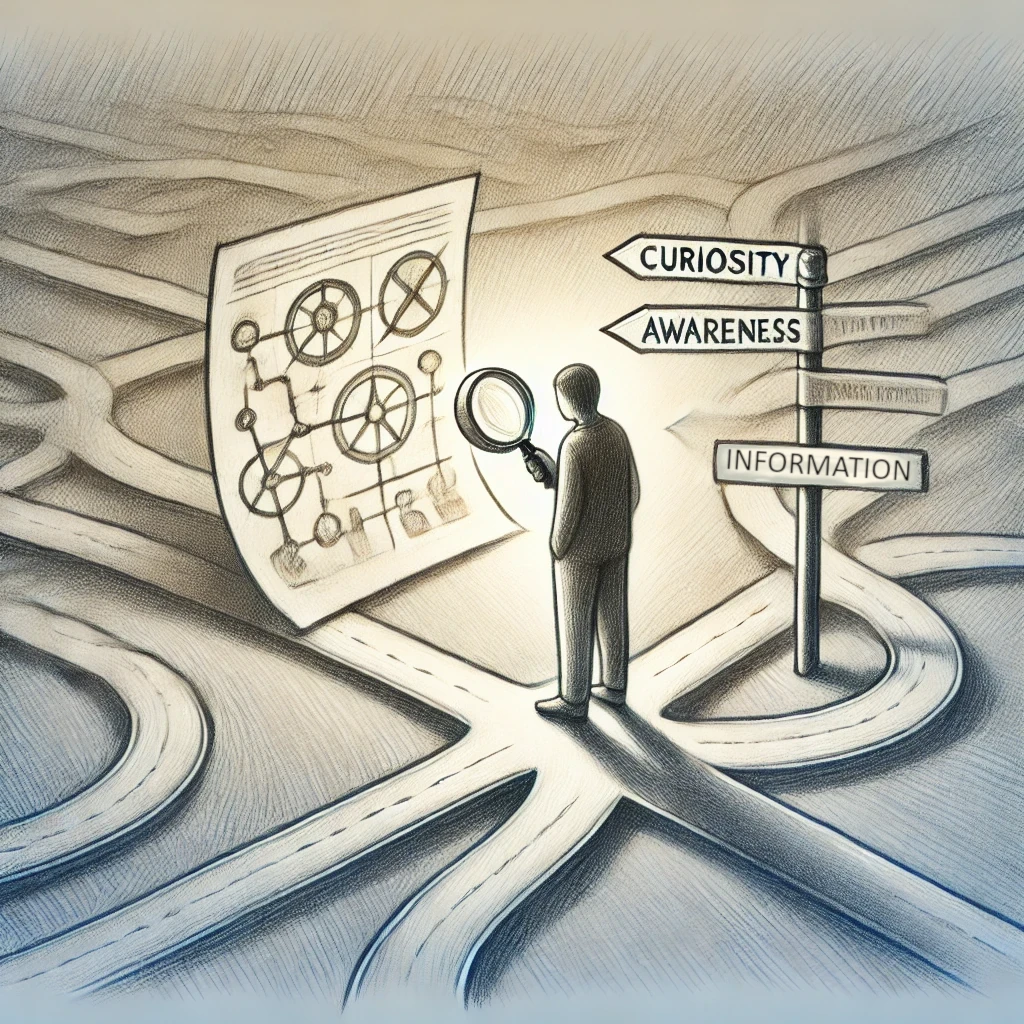
In 2023, researchers at Johns Hopkins University conducted a controlled study with over a thousand participants who responded to a hypothetical scenario[1] about a fictional school that lacked adequate water. The control group participants received complete information, while the “treatment” participants received only half the information. The researchers found that treatment participants assumed they had sufficient information to make informed decisions and believed they were as competent as the control group. They also thought most people would make similar decisions. This tendency, which they termed the illusion of information adequacy, is a reminder of the pitfalls of fast-brain thinking.
The researchers, Gehlbach, Robinson, and Fletcher, explored the perceptions and assumptions people bring to decision-making. Their work builds on naïve realism—the belief that we see the world exactly as it is, leading us to view those who disagree as misinformed or biased. The researchers added a new insight: people rarely stop to consider, let alone value, the things they don’t know.
Everyday Examples of the Illusion of Information Adequacy
To demonstrate this phenomenon in real life: the other day, I was waiting to turn right at an intersection when a bus pulled up beside me, blocking my view as it turned left. The driver behind me, seeing no cars from his angle, honked impatiently. From his perspective, I was unnecessarily delaying, while from mine, all I could see was bus. Lacking additional context, the driver likely never considered that I might have information he didn’t. Though trivial, this example illustrates how quickly we judge based on selective information—a situation easily translatable to many workplaces.
Learning from the Study: Recognising Our Blind Spots

Encouragingly, some treatment participants in the study revisited the scenario after reading the full information and reconsidered their decisions. This may be small comfort when trying to sway others, but it's a win for personal growth.
“We don’t know what we don’t know, but now we know that we don’t know” (or, simply: awareness of our blind spots can be a strength). We can take steps to overcome them. Here are a few strategies to help.
1. Cultivating Conscious Curiosity
The easiest person to influence is ourselves. By embracing a curious and open mindset, we can retrain ourselves to recognise situations where we might not hold all the information.
- Beginner’s Mindset: Approach topics as if you’re encountering them for the first time, even if you’re experienced.
- Open-ended Questions: Ask how and why, focusing on exploration over quick answers.
- Challenge Assumptions: Regularly question your own assumptions by asking, “What am I assuming here?”
- See Mistakes as Learning Opportunities: Reframe mistakes, both yours and others’, as valuable learning experiences.
- Get Comfortable with ‘I Don’t Know’: Leaders, in particular, can signal openness to learning by saying, “I don’t know, but I’d love to find out.”
2. Improving Information Accessibility
Enhancing information accessibility exposes us to diverse sources and fosters a broader range of perspectives.
- Diversify Sources: Seek out and share a range of perspectives, mentioning opposing viewpoints when relevant.
- Consult Primary Sources: Whenever possible, refer to original research or data rather than second-hand summaries to reduce misinterpretation.
- Use Aggregation Tools: RSS feeds or tools like Pocket allow you to consolidate diverse sources in one place.
- Provide Context: When discussing information, always give background context so the “why” behind it is clear.
- Encourage Open Dialogue: Create space for inclusive discussions that invite curiosity.
3. Recognising the Hazards of Stereotyping
Stereotyping often results from our brain's tendency to categorise information for efficiency. While helpful in some cases, it’s essential to recognise and mitigate the biases that come with it.
- Pause Before Judging: Notice initial thoughts and reflect on what might be influencing them.
- Focus on Individuality: Remind yourself of each person’s unique experiences.
- Check for Confirmation Bias: Pay attention to whether you’re favouring information that reinforces pre-existing views.
- Challenge Assumptions: Ask if you’d apply the same assumption to someone similar to yourself.
- Question Overgeneralisation: If forming strong views about someone quickly, check whether this opinion is based on enough information.
- Reflect on Past Assumptions: Recognise times when your assumptions were inaccurate to strengthen self-awareness.
4. Cautiously Challenging Strong Opinions in Others
Attempting to shift strong viewpoints can be tricky, especially with entrenched ideologies. However, open-ended, exploratory questions can encourage others to consider alternative perspectives.
- Example Prompts:
- “How would you respond if someone presented [counterpoint]?”
- “What do people on the other side of the argument believe about this?”
- “What are the strongest arguments against this view? Do any of them have validity?”
- “Are there cases where this view might not apply?”
By focusing on our own awareness, we can avoid falling into the same traps and create a more positive, open environment for those around us.
This guide on overcoming the illusion of information adequacy reminds us that knowing our limitations is, in fact, a strength. By practising curiosity, improving access to information, avoiding stereotypes, and carefully challenging strong opinions, we can foster more informed, empathetic decision-making.